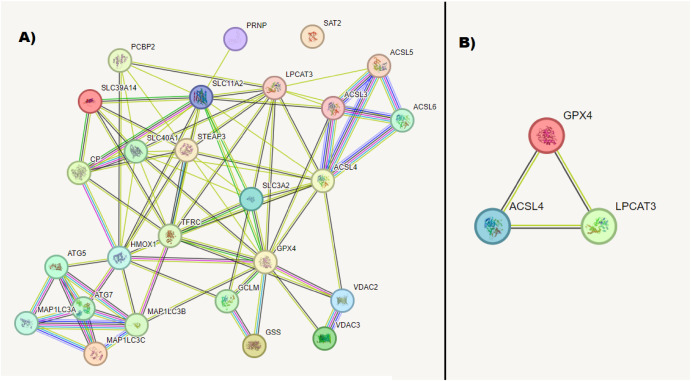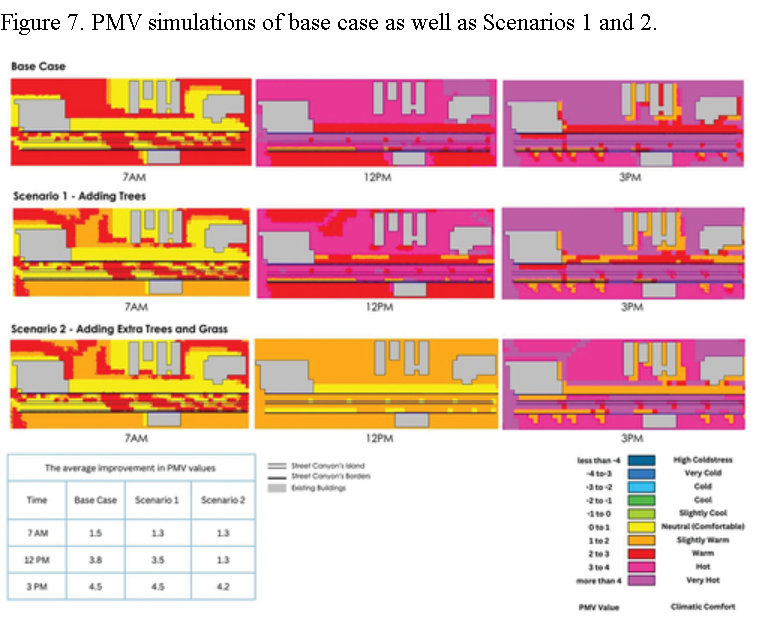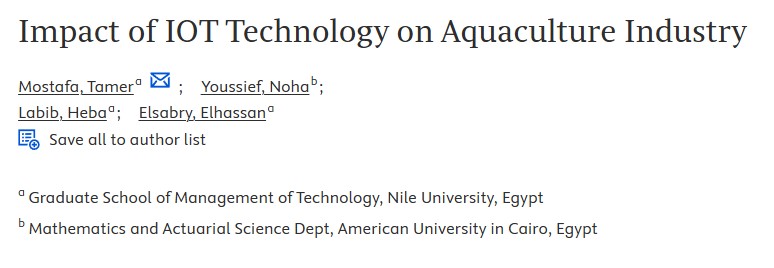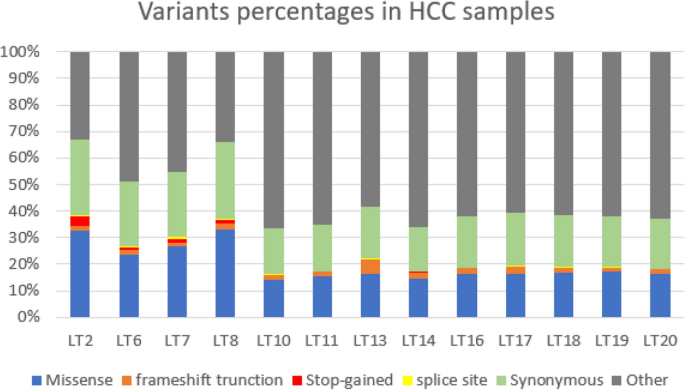
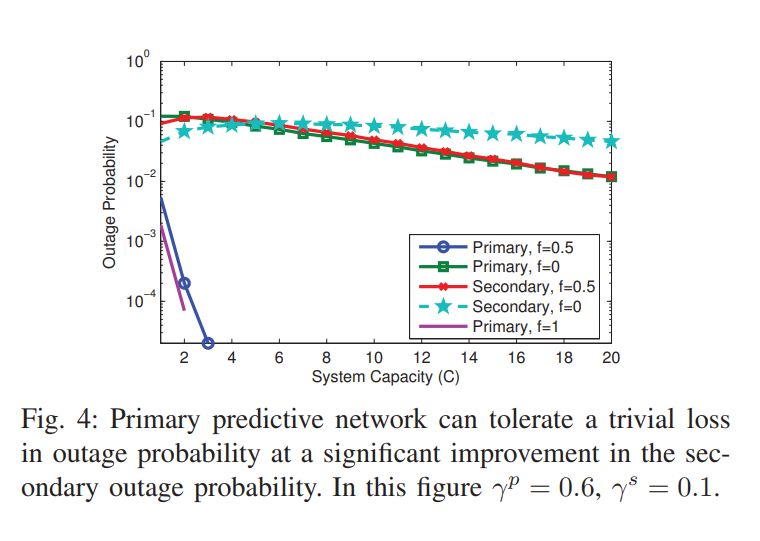
Proactive resource allocation in cognitive networks
Recently we have introduced the notion of proactive resource allocation and predictive wireless networks, where intelligent wireless networks are capable of tracking and exploiting the repetition patterns in human behavior while accessing the network resources. This predictability advantage grants the network more flexibility to schedule users' requests over a longer time horizon, and thereby significantly improves the quality of service (QoS) defined as outage probability. In this paper we extend our analysis to consider a network of two different QoS classes. The first is a primary class which is assumed to have the right to access the network, whereas the other is a secondary class with cognitive radio capabilities which opportunistically accesses the network resources to improve its utilization. Assuming that the cognitive radio requests are unpredictable, we analyze the diversity gain performance of both classes when the primary requests are non-predictable and when they are. We show that under selfish behavior of the predictive primary network, the outage probability of the secondary network cannot be improved over its non-predictive counterpart. However, we introduce another less-selfish scheduling policy for the primary that maintains the same diversity gain for the primary selfish network and, at the same time, improves the diversity gain of the secondary user, which is called the good citizen behavior. We also provide numerical simulations to support the analytical results. © 2011 IEEE.
